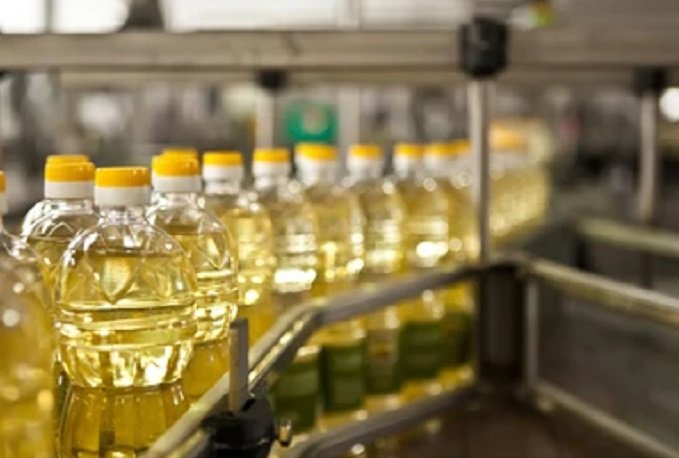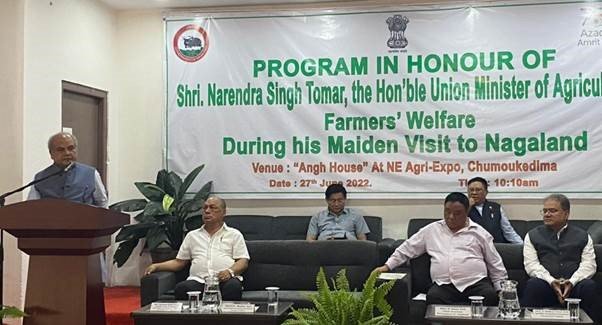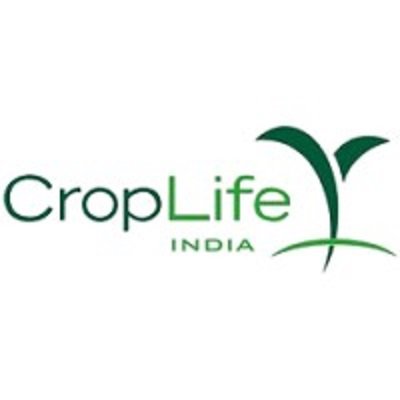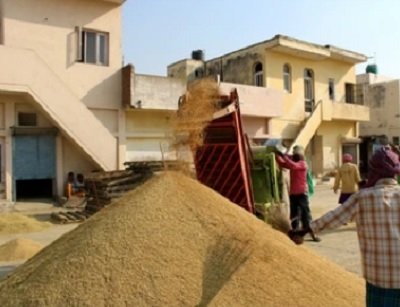Centre initiates Rs 500 Cr Agri Startup accelerator programme
Agri startups one of key partners to boost agriculture exports
Kailash Choudhary, Minister of State (Agriculture and Farmers Welfare), Ministry of Agriculture and Farmers Welfare, Government of India said that soon an accelerator programme of Rs 500 crore will be started to take forward the successful initiatives of Agri Startups in which DARE, DPIIT, Agri Incubators, agriculture universities, research institutes, investors and other stakeholders will be included.
Choudhary said that there will be a separate division of Agriculture Startup to be set up in the Ministry to be led by Joint Secretary. “A cell will also be created to work as a single window agency to facilitate all the linkages required for agri startups,” he added.
Dr Sudhanshu, Secretary, APEDA, Ministry of Commerce and Industries, GoI, emphasised that increasing agriculture exports is a national imperative and Agri startups are potential partners in this journey. Efforts are being made to promote and support agri startups for engagement in agri exports and strengthening of the startup ecosystem.
Agri startups one of key partners to














